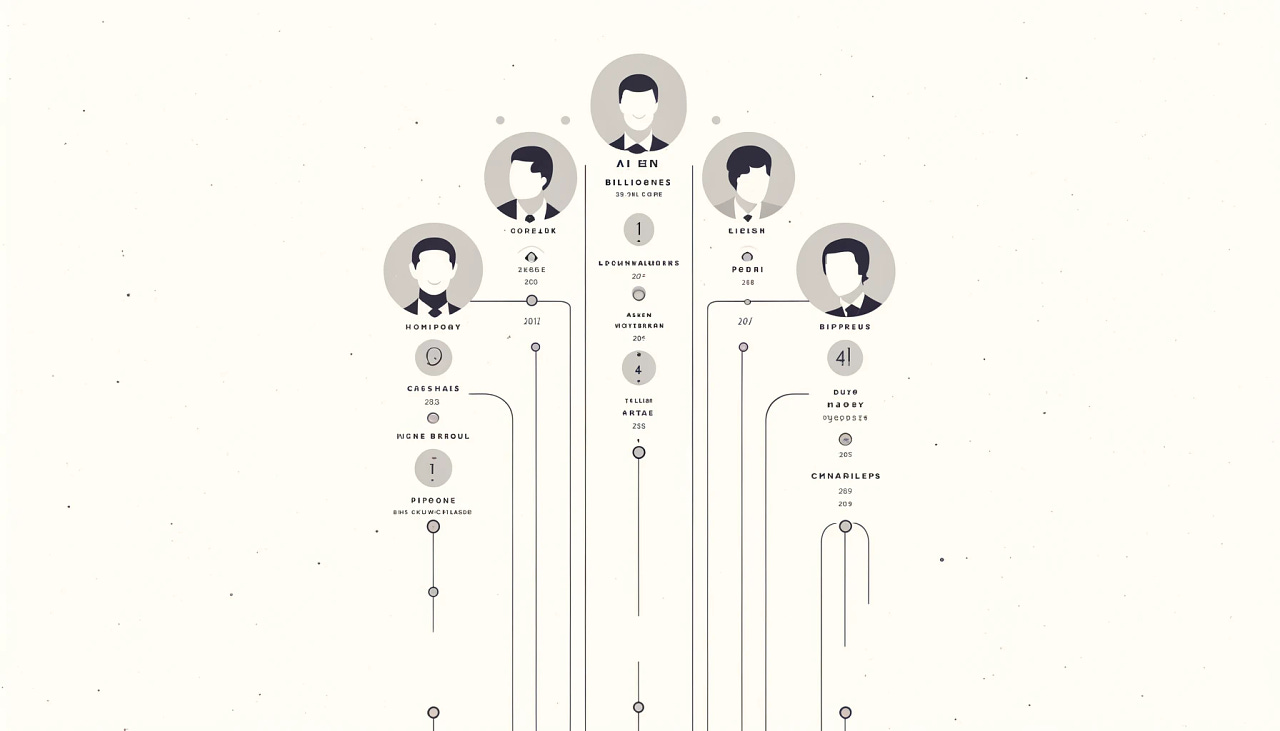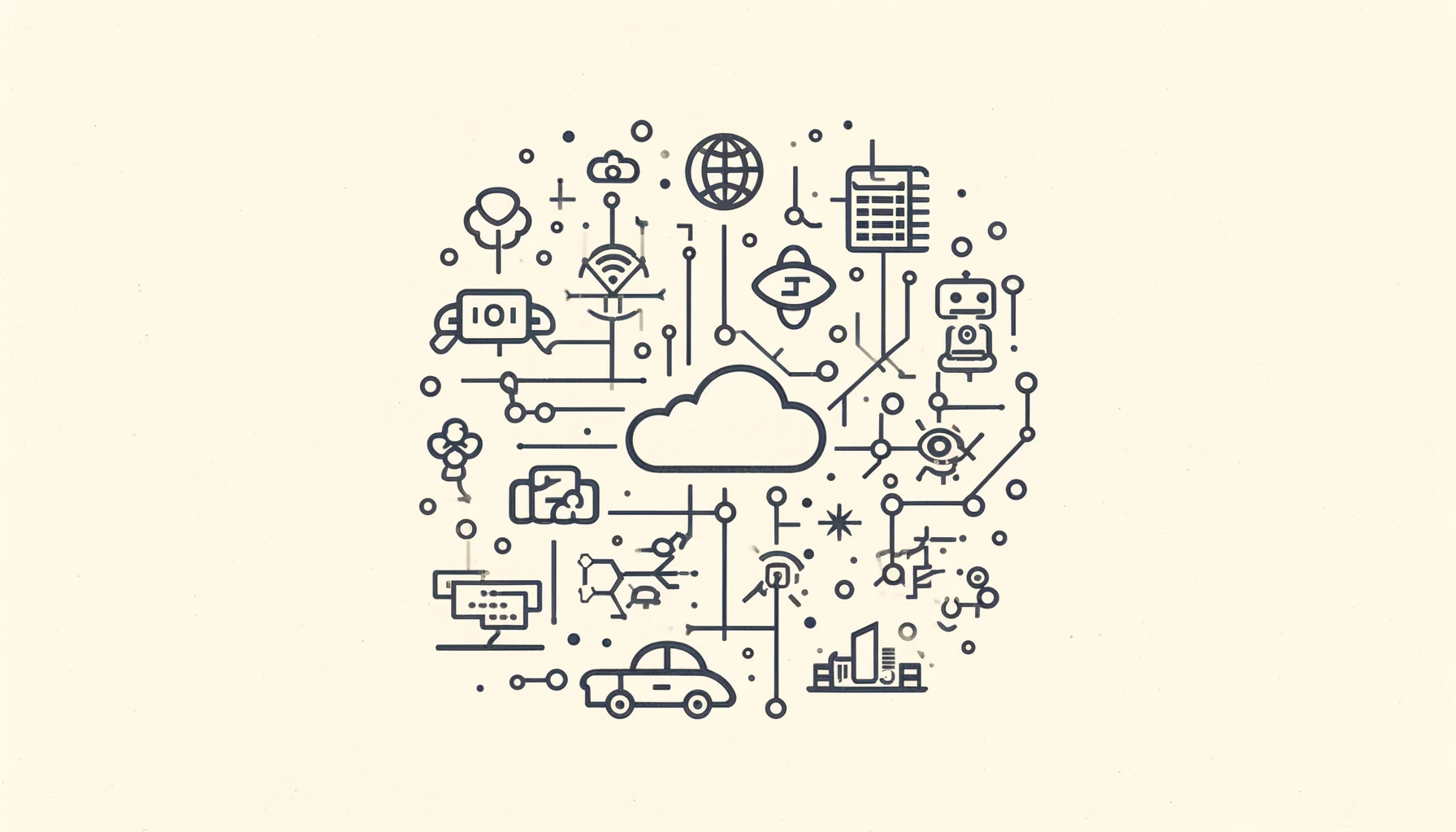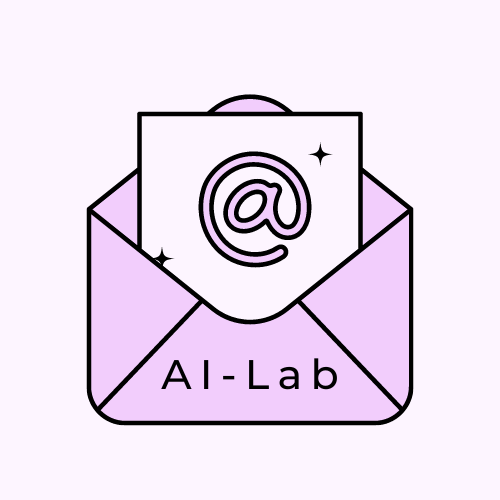Today, I present to you a ranking of the 10 most influential billionaires in the field of AI, based on their influence, wealth, and notoriety.
Elon Musk - Tesla and SpaceX: Musk's net worth is estimated at $180 billion in 2024, mainly due to Tesla and SpaceX (Forbes Australia).
Jensen Huang - Nvidia: Huang has an estimated net worth of $48.6 billion. He has transformed Nvidia into a leader in AI with its GPUs used in various fields (Techopedia).
Sam Altman - OpenAI: Altman has an estimated net worth of $1 billion. He led OpenAI, which launched ChatGPT and other AI projects (Forbes Australia) (Forbes Australia).
Lisa Su - AMD: Su has an estimated net worth of $1.3 billion. She has turned AMD into a key player in AI with its chips used in numerous AI applications (Forbes Australia).
Zhang Yiming - ByteDance: Yiming's net worth is estimated at $42.3 billion. ByteDance, known for TikTok, uses AI to personalize content feeds (Techopedia).
Larry Page - Google: Page's net worth is estimated at $122 billion. He accumulated this wealth by co-founding Google and investing in various AI technologies through Alphabet, Google's parent company (Techopedia).
Sergey Brin - Google: Brin has an estimated net worth of $121 billion. He co-founded Google and invested in AI companies like DeepMind (Techopedia).
Alexandr Wang - Scale AI: Wang has an estimated net worth of $1 billion. He founded Scale AI, which has become a leader in data annotation for training AI models (Wikipedia) (The Week) (South China Morning Post) (Forbes Australia).
Larry Ellison - Oracle: Ellison's net worth is estimated at $121 billion. Under his leadership, Oracle has integrated AI solutions into its cloud services (Techopedia).
Ma Huateng (Pony Ma) - Tencent: Ma's net worth is estimated at $33.9 billion. Tencent develops AI technologies for various sectors (Techopedia).
Ivan Zhao - Notion: Zhao has an estimated net worth of $1.5 billion. Notion increasingly integrates AI to improve efficiency and user experience (Forbes Australia).
This ranking is not necessarily objective and will be updated regularly based on more in-depth research.
AI is becoming ubiquitous and progressively impacting all sectors of activity.
The most affected sector today is software.This sector was first transformed by the cloud, shifting from licenses for locally installed software to subscriptions for server-hosted software, with more collaborative features. Notable examples include Zoom, Slack, and Notion.
Today, if you are developing software, it is essential to rethink the product and user experience through the lens of AI. Notion has been an excellent example of rapid adaptation with Notion AI.
Another significantly impacted sector is autonomous vehicles and, more broadly, transportation, with companies like Tesla and Scale AI. Currently, the primary use of AI in this sector is to enhance passenger safety. However, this sector will likely be further transformed when fully autonomous vehicles are deployed: goods transport, on-demand vehicles, etc.
It is probably one of the sectors where it is easiest to predict future uses, as they are quite logical. However, it is also one of the sectors where the implementation and deployment of these uses are the most complex.
The third significantly impacted sector is robotics and automation. AI enables the creation of smarter robots that can adapt to changing environments. This includes industrial robots, service robots, and even personal robots.
The impact of AI is not limited to these areas. It is also transforming the health, finance, retail sectors, and many others by providing more efficient, personalized, and intelligent solutions.
The next generation of billionaires and companies valued at several hundred billion dollars will undoubtedly be those that build the best AI applications in their industry.
See you tomorrow for the next edition of AI Lab.
Subscribe to AI lab Premium



Tidak ada komentar:
Posting Komentar